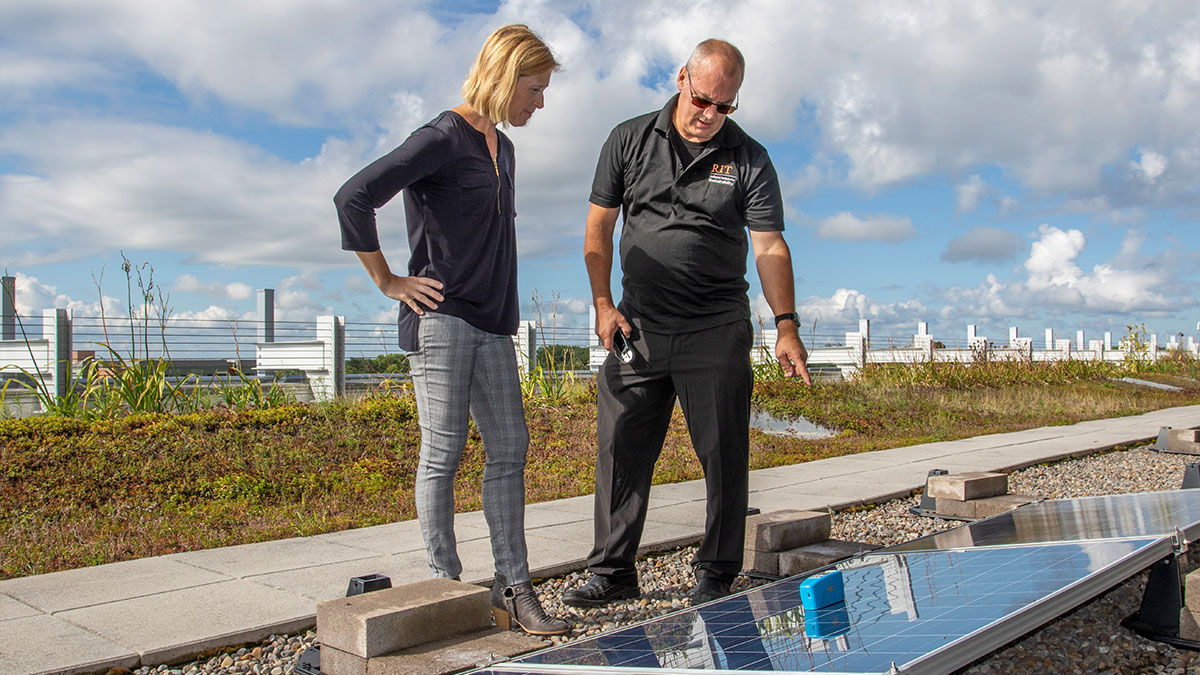What We Do
The New York State Pollution Prevention Institute (NYSP2I) provides technical assistance to organizations across New York State, helping them reduce the use of hazardous substances and natural resources and adopt environmentally sound best practices—all at a cost-effective rate.
Benefits
- Expertise of industry-experienced engineers, technicians, and environmental scientists
- Cost savings through more efficient resource use
- Higher job retention rates
- Opportunities for job creation
- Reduced waste generation
- Tax benefit—project costs are considered non-capital.
Eligibility requirements
- Must be based in New York State.
- Projects must demonstrate potential for economic or environmental improvement.
Low cost
Funding from New York State can subsidize a significant portion of project costs.*
Funding sources
Funding allocation through NYSP2I is made possible through New York State’s Environmental Protection Fund (EPF) as administered by the New York State Department of Environmental Conservation (DEC).
Benefits
- Expertise of industry-experienced engineers, technicians, and environmental scientists
- Cost savings through more efficient resource use
- Higher job retention rates
- Opportunities for job creation
- Reduced waste generation
- Tax benefit—project costs are considered non-capital.
Eligibility requirements
- Must be based in New York State.
- Projects must demonstrate potential for economic or environmental improvement.
Low cost
Funding from New York State can subsidize a significant portion of project costs.*
Funding sources
Funding allocation through NYSP2I is made possible through New York State’s Environmental Protection Fund (EPF) as administered by the New York State Department of Environmental Conservation (DEC).
*Organizations must meet eligibility requirements to qualify for NYSP2I funding. Coverage of up to 90% of project costs is not guaranteed and is subject to available funding and program criteria.






